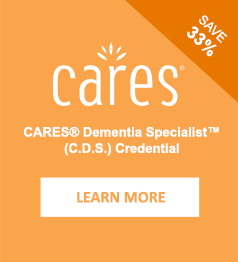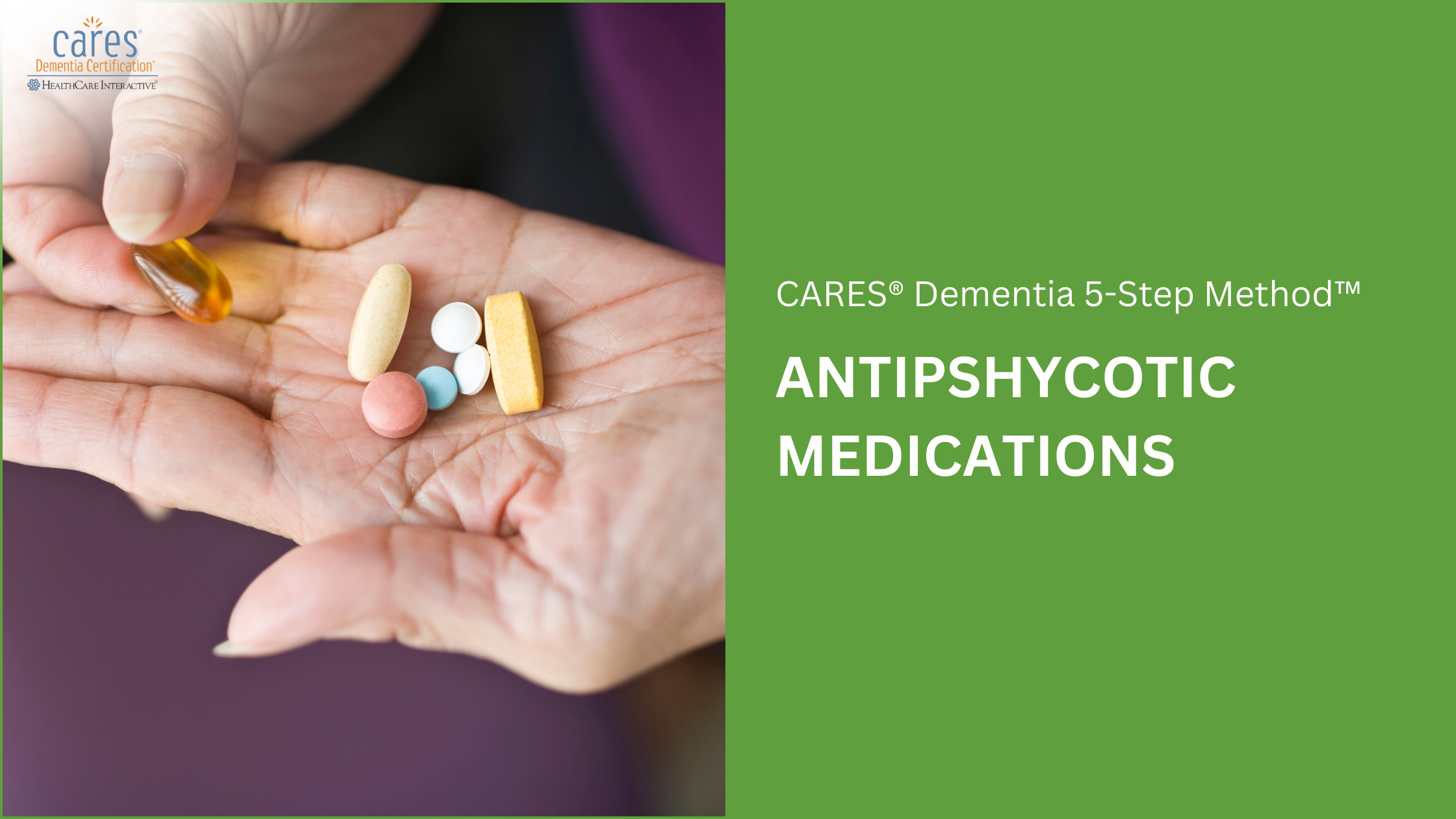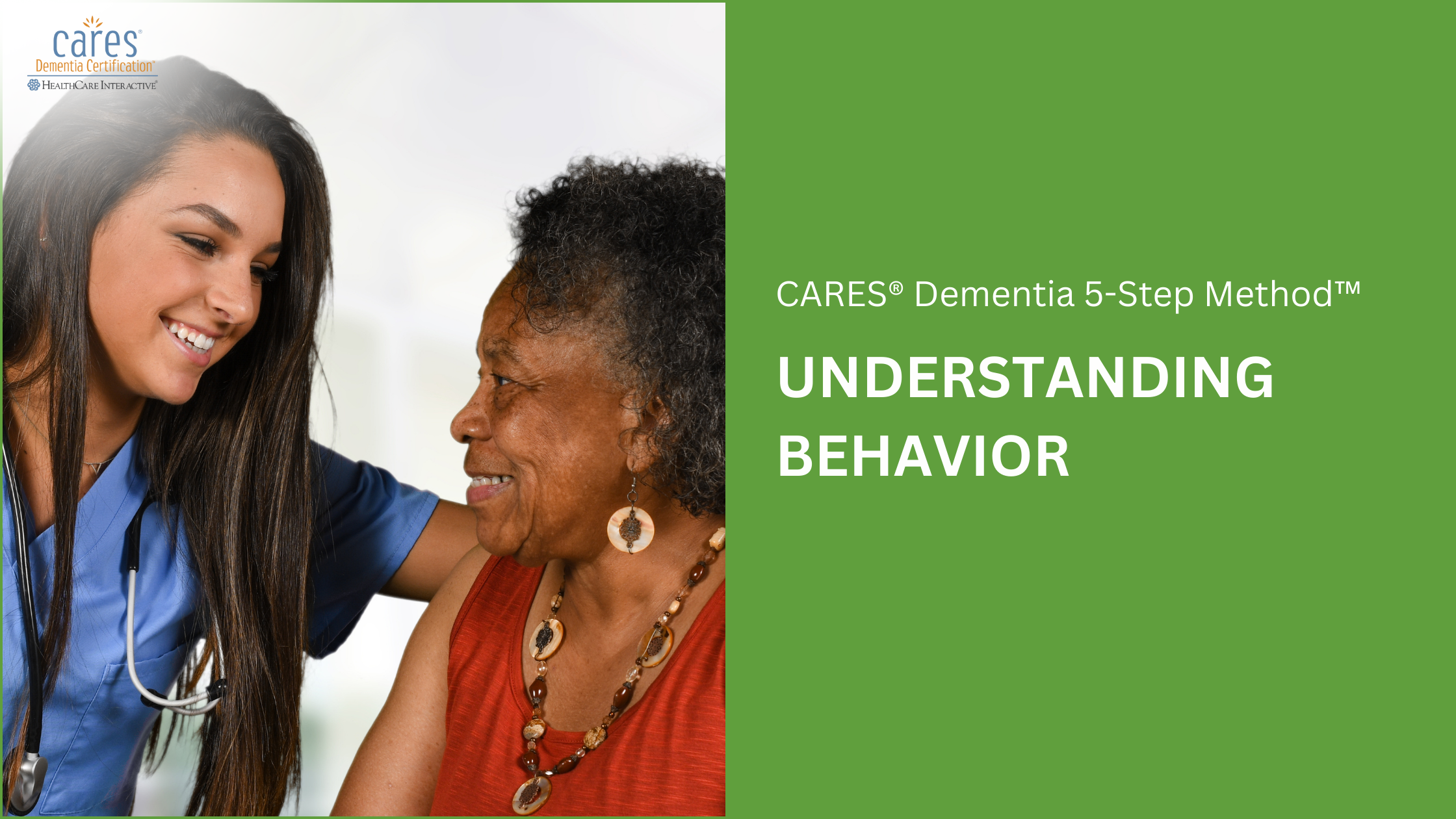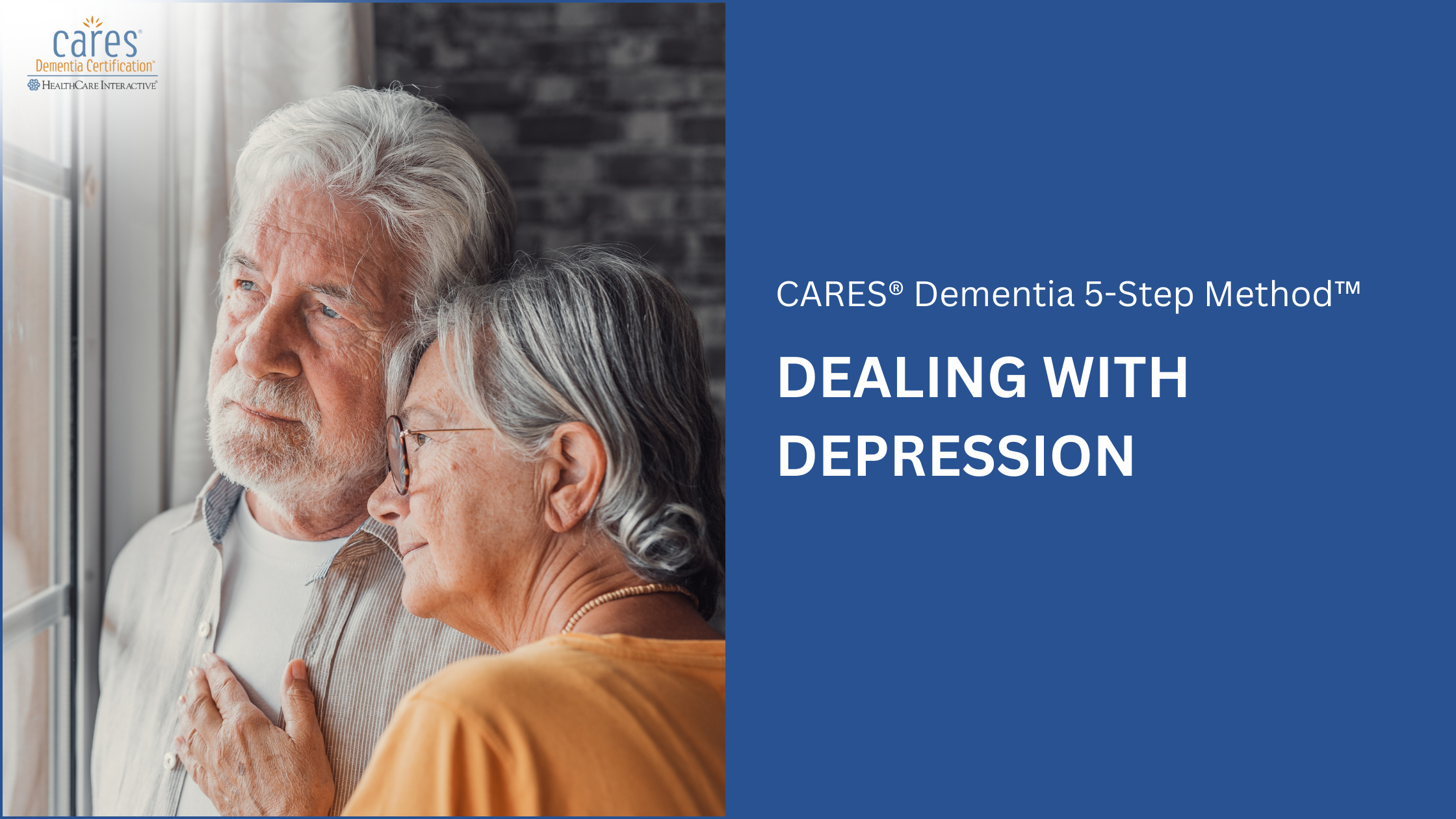Some of the people you care for may be taking antipsychotic medications. These are meant to treat serious mental illnesses (SMI) like major depression, bipolar disorder, and schizophrenia. When the person also has Alzheimer’s disease, it is important that they remain on these medications to treat their mental illness.
Sometimes, however, antipsychotic medications are used with people who don’t have SMI but exhibit dementia-related behavior that is challenging for staff members. The problem is that this is an “off-label” or unintended use of these medications, and it may lead to dangerous side effects for the person such as excessive sleepiness, dizziness, unsteadiness, reduced wellbeing, social withdrawal, and sometimes even stroke. Moreover, many states actually consider antipsychotic medications to be a form of restraint.
If you notice any of these side effects, tell a nurse or your supervisor.
What Can You Do?
The question is, how do organizations and staff members deal with dementia-related behavior if they do not use antipsychotics? That’s where a person-centered approach like CARES® can make a big difference. CARES is an easy-to-learn approach that you can use in any situation and at any stage of Alzheimer’s disease or related dementias (ADRD), which often helps reduce behavior like repetitive questioning, “shadowing,” swearing, hitting, or biting. And when there is less dementia-related behavior, facility and agency medical staff may no longer need to prescribe as many antipsychotic medications.
By adopting person-centered strategies like the CARES® approach, caregivers can effectively manage dementia-related behaviors while reducing reliance on antipsychotic medications.
To help you get started, we’re offering an exclusive opportunity to enhance your dementia care skills.
Save 15% on CARES® Dementia Certifications with code CDS15PROMO at checkout, and gain free access to Module 1 at www.hcinteractive.com/5StepDemo.
Take advantage of this limited-time offer and empower yourself to provide compassionate, effective care.



